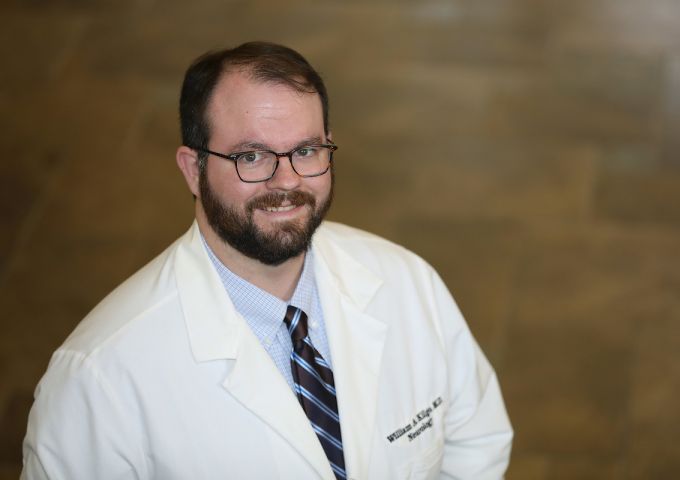
USA Health Mitchell Cancer Institute scientists study role of NAD+ in cancer treatment
The article titled “Extracellular NAD+ enhances PARP-dependent DNA repair capacity independently of CD73 activity” outlines the importance of NAD+, also known as an “energy molecule.” NAD+ is essential for survival of every cell in the body, and plays an important role in cancer research and treatment efficacy.
By Brittany Otis
Research conducted at the USA Health Mitchell Cancer Institute examining the impact of vitamin B3 related molecules such as Niacin, as it is converted in cells as nicotinamide adenine dinucleotide (NAD+), was highlighted in the January issue of Scientific Reports.
The article titled “Extracellular NAD+enhances PARP-dependent DNA repair capacity independently of CD73 activity” outlines the importance of NAD+, also known as an “energy molecule.” NAD+is essential for survival of every cell in the body, and plays an important role in cancer research and treatment efficacy.
“This type of research could be significant for the patients treated at the Mitchell Cancer Institute,” said Robert W. Sobol, Ph.D., professor of pharmacology at the University of South Alabama College of Medicine and chief of the Molecular & Metabolic Oncology Program at the Mitchell Cancer Institute. “We can use our findings to better understand why some cancer treatment responses may be affected differently depending on vitamin B3 dietary intake and how the tumor can process vitamin B3 into the needed cellular metabolites.”
According to Sobol, NAD+ molecules can ensure the stability of the genome, and could positively impact patients affected by cancer. Sobol explained that he, Marie Migaud and other members of the program are working to understand how changes in cellular NAD+ levels may impact treatment for different types of cancer.
The Molecular & Metabolic Oncology Program at the Mitchell Cancer Institute focuses on the cellular mechanisms of DNA repair and metabolism and how these processes impact cancer development and the response to cancer treatments.
The article published in Scientific Reports is based on work conducted by Sobol and his research team. Co-authors from the USA College of Medicine and Mitchell Cancer Institute include Marie Migaud, Ph.D., professor of pharmacology; Jianfeng Li, Ph.D., assistant professor of pharmacology; Jennifer Clark, instructor of pharmacology; Anna Wilk, Ph.D., instructor of pharmacology; and Faisal Hayat, Ph.D., a postdoctoral research fellow in pharmacology.
At the Mitchell Cancer Institute, physicians and scientific investigators are searching for breakthrough discoveries to improve the lives of cancer patients.




